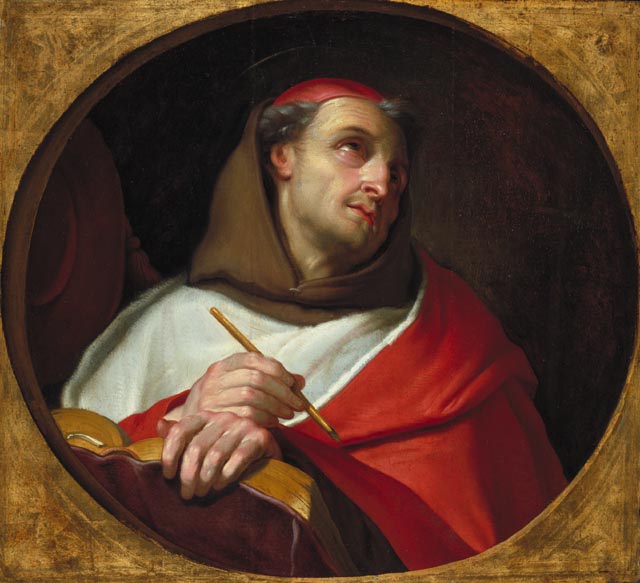
Book of Common Prayer on Marriage
Here is the 1559 Book of Common Prayer on marriage.
- Details
- Category: Recommended Reading Recommended Reading
- Published: 23 October 2015 23 October 2015
- Hits: 2426 2426
Nick Needham on Essence, Energies, Simplicity
Students:
Here are a couple of pieces by Nick Needham. Please read these by Friday.
One is on Calvin on essence/energies.
One is on essence and energies a bit more generally.
- Details
- Category: Recommended Reading Recommended Reading
- Published: 21 October 2015 21 October 2015
- Hits: 2344 2344
James Dolezal on Divine Simplicity
Here is simply a snippet from James Dolezal's Divine Simplicity.
- Details
- Category: Recommended Reading Recommended Reading
- Published: 21 October 2015 21 October 2015
- Hits: 2520 2520
Christ, Culture, Two Kingdoms
On the question of Christ, culture, "Two Kingdoms" . . .
Here is a interview with David VanDrunen concerning "Two Kingdoms".
Here is a critique of VanDrunen by Steven Wedgeworth.
Enjoy!
- Details
- Category: Recommended Reading Recommended Reading
- Published: 20 October 2015 20 October 2015
- Hits: 2885 2885
Augustine on the Law
I am currently reading On the Spirit and the Letter with students. He says much about the Law in various places in his writings. But here (chapter 23) he says:
"The apostle seems to rebuke and correct those who were persuaded to receive circumcision in that by the term “law” he refers to circumcision and other such observances of the law. Christians do not now observe them, since they were foreshadowings of what was to come. And they now actually possess what was promised symbolically through those foreshadowings."
He then goes on to say:
"The apostle, nonetheless, wanted us to understand that the law, by which he says that no one is justified, is found not only in those sacraments which they had as symbols of what was promised, but also in those works which amount to a righteous life for whoever does them."
- Details
- Category: Recommended Reading Recommended Reading
- Published: 30 September 2015 30 September 2015
- Hits: 2837 2837
Sweating when Reading Augustine

I am enjoying taking a Latin class with the Davenant Institute. It is a very good class. I recommend these folks if you are wanting to work on your Latin. This week's translation exercise is a selection from Bonaventure's De reductione artium ad theologiam (On the Reduction of the Arts to Theology).
In this selection Bonaventure (1221-1274) is making some reading and study recommendations. He writes:
"Circa primum insudare debet studium doctorum".
I learned that "circa" means "around". But it can also mean "concerning", which makes more sense here. "Primus, Prima, Primum" is an adjective, in particular here an ordinal number: "first". So we start with something like "concerning first", or "concerning the first". [NOTE: In my original post I then said: 'We might smooth this out and bring into our own idiom with something like "first of all" (although I like starting with a more "wooden" translation first to make sure I am grasping the grammar)'. Now that I have worked through the passage a second time, it seems like something like "concerning the first" is better. This is because Bonaventure is referring to the "first" of several things he has just listed-]. "Debet" is the main verb: "he/she/it ought"--here probably "one ought". This is followed by "insudare", which is an infinitive: "to . . . ." When I looked up the verb I chuckled, the verb "insudare" means "to sweat". Then "studium doctorum" is straightforward: "the study of the doctors". The preeminent "doctor", as Bonaventure sees it, is Augustine. So we end up with something like:
"Concerning the first, one ought to sweat the study of the doctors".
One might be tempted to sanitize "sweat" a bit (pun intended). But the basic imagery of "sweat" is probably a good one. If one wants to understand the great church fathers (=the "doctors") it takes some sweat. It takes work. We indeed ought to sweat it out in trying to understand the great doctors of the church. Theological study is a work out. Put on your sweats, get hydrated, and get to work.
- Details
- Category: Recommended Reading Recommended Reading
- Published: 22 September 2015 22 September 2015
- Hits: 2645 2645